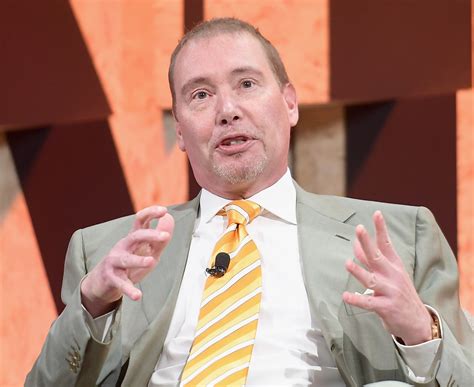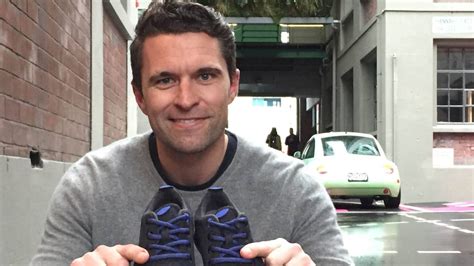A Quote by Anna Bligh
Related Quotes
Be willing to take some risks in the areas of work and money. If we do only what we think we should do in order to make money and be secure, we won't listen to the intuitive voice that tells us to try something new, to be more creative, or to move on to the next step on our path. When we listen to our intuition and take some risks, we are not alone. The universe will support us and reward us for taking risks on its behalf!
The trouble is that the risks that are being hedged very well by new financial securities are financial risks. And it appears to me that the real things you want to hedge are real risks, for example, risks in innovation. The fact is that you'd like companies to be able to take bigger chances. Presumably one obstacle to successful R&D, particularly when the costs are large, are the risks involved.
When large companies take on risk, then they impose risks on the rest of the system. And these are systemic risks and these systemic risks we never used to think were really that important, but as soon as we recognize how the financial sector - the risks the financial sector takes on can impact the entire global economy, we realize that those risks needed to be controlled for the social good.
At Harman, we had to reinvent ourselves so that we can compete on a global playing field. We did it by instituting a culture where teams can take calculated risks. But to inspire such a shift in mindset requires meaningful rewards across the ranks and freedom to experiment and innovate. I like to think of it as our courage culture.

































